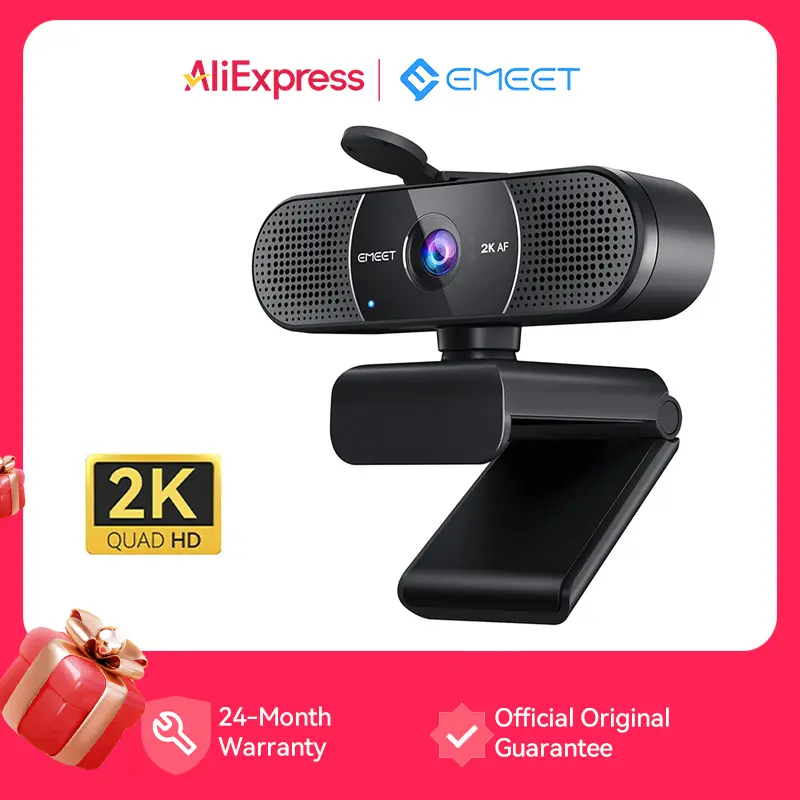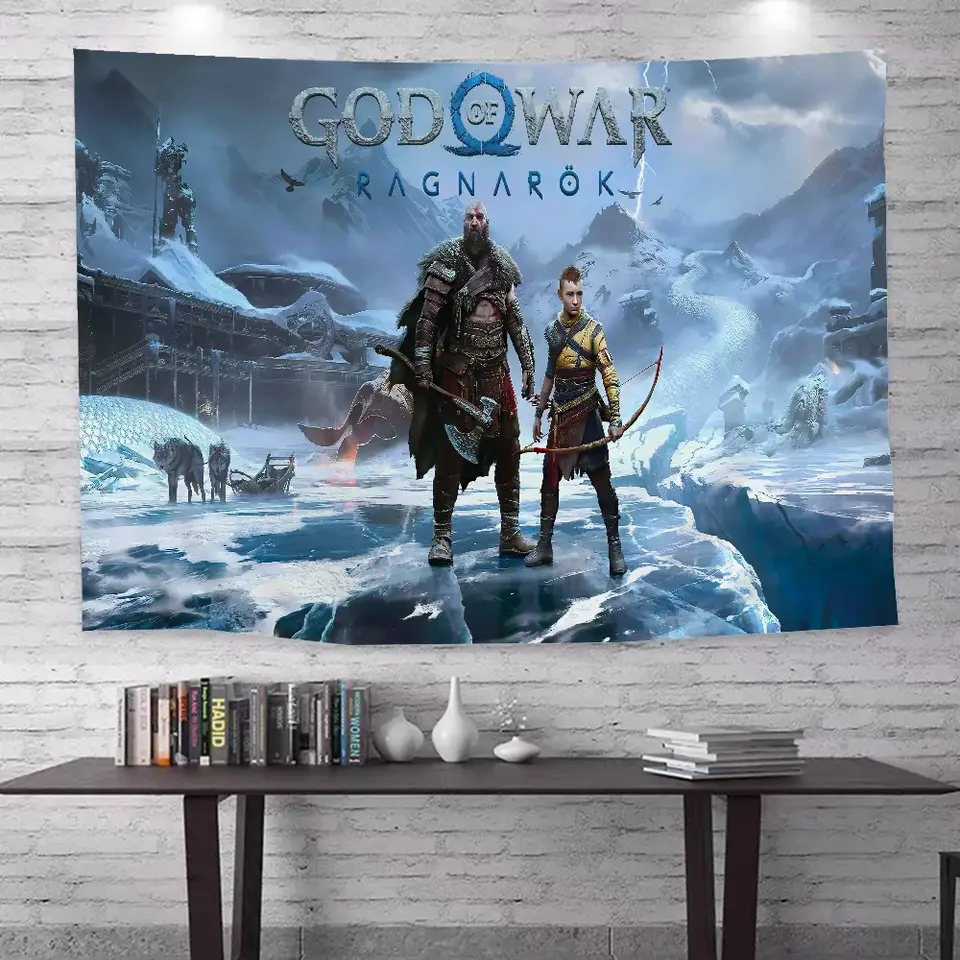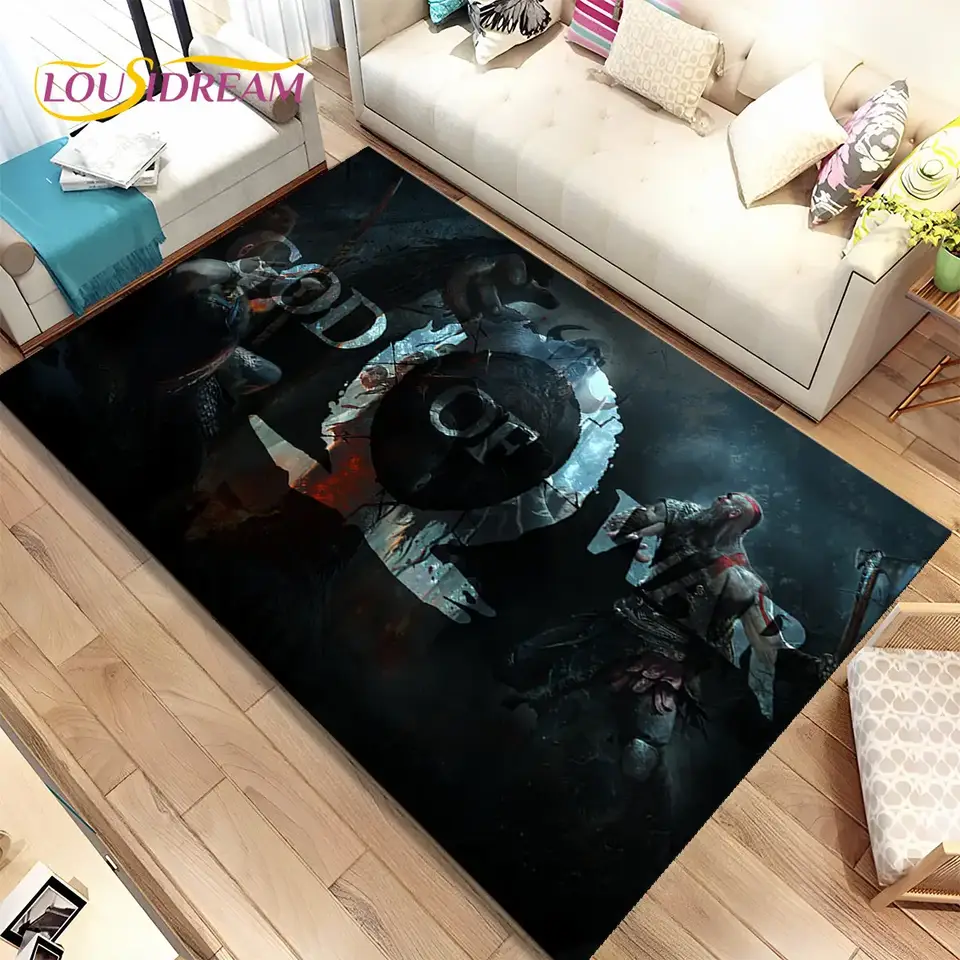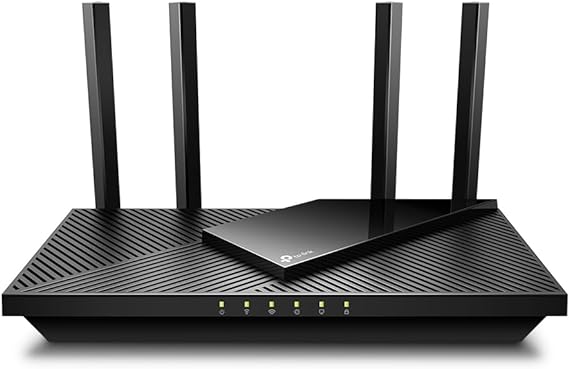📋 Table of Contents:
The Ultimate Guide to PC Parts: Building Your Dream Computer
Introduction: Why Understanding PC Components Matters
In our increasingly digital world, having a powerful computer isn't a luxury—it's essential for work, study, and gaming. This comprehensive guide will help you understand every component and its function to build your perfect PC.
Chapter 1: Core Components
1.1 CPU (Processor) - The Brain
What it does: Executes all calculations and instructions
How to choose:
Basic tasks: Intel Core i3 or Ryzen 3
Gaming: Intel Core i5/i7 or Ryzen 5/7
Professional work: Intel Core i9 or Ryzen 9
Key terms:
Cores: More cores = better multitasking
Clock speed: Measured in GHz, affects processing speed
1.2 Motherboard - The Foundation
Purpose: Connects all components
Socket types:
Intel: LGA 1700 (12th/13th gen)
AMD: AM5 (latest Ryzen)
Selection factors:
Size (ATX, Micro-ATX, Mini-ITX)
USB/PCIe ports
RAM support (DDR4 or DDR5)
Chapter 2: Graphics Processing
2.1 GPU (Graphics Card) - Visual Powerhouse
Main options:
NVIDIA: RTX 3060 (entry), RTX 4090 (high-end)
AMD: RX 6600 (budget), RX 7900 XTX (flagship)
Key specs:
VRAM: Minimum 8GB for modern games
Outputs: HDMI 2.1, DisplayPort 1.4a
2.2 Do You Need Dedicated Graphics?
Yes if you:
Play modern games
Do graphic design
Use 3D software
No if you:
Only do office work
Have integrated graphics (e.g., Ryzen 5 5600G)
Chapter 3: Memory & Storage
3.1 RAM - Your Workspace
Recommended capacity:
8GB: Basic use
16GB: Ideal for most
32GB+: Professionals/editors
Generations:
DDR4: Affordable and common
DDR5: Faster but pricier
3.2 Storage Options
| Type | Speed | Capacity | Price |
|---|---|---|---|
| HDD | 100-200MB/s | Up to 20TB | Low |
| SATA SSD | 500MB/s | Up to 4TB | Mid |
| NVMe SSD | 3500-7000MB/s | Up to 4TB | High |
Pro tip: Use SSD for OS/programs, HDD for storage
Chapter 4: Power & Cooling
4.1 PSU (Power Supply) - Heartbeat
Calculate needs:
Use tools like Cooler Master PSU Calculator
Add 20% safety margin
Efficiency ratings:
80 Plus Bronze: Budget
80 Plus Gold: Best value
Platinum/Titanium: Premium
4.2 Cooling Systems
Air cooling:
Standard fans (most users)
Large heatsinks (powerful builds)
Liquid cooling:
AIO: Mid-range solution
Custom loops: Enthusiasts only
Chapter 5: Peripherals & Extras
5.1 PC Case - Your Build's Home
Selection factors:
Motherboard compatibility
Airflow/fan support
Front ports (USB-C etc.)
5.2 Monitor - Your Window
Key specs:
1080p for budget gaming
1440p/4K for professionals
144Hz+ for competitive play
5.3 Essential Accessories
Keyboard/mouse: Mechanical for gaming
Audio: Quality headphones/speakers
Webcam: Crucial for remote work
Chapter 6: Building Step-by-Step
6.1 Set Your Budget
$500-1000: Solid desktop
$1000-2000: Gaming powerhouse
$2000+: Professional workstation
6.2 Ensure Compatibility
Use PCPartPicker to verify parts
6.3 Assembly Guide
Install CPU on motherboard
Attach cooler
Insert RAM
Mount motherboard in case
Install PSU
Add GPU
Connect all cables
Conclusion: What Will Your Dream PC Cost?
Building a PC is an investment in your productivity and entertainment. Sample budgets:
Office: $600-800
Gaming: $1000-1500
Professional: $2000+
Remember: Balance is key—don't pair a powerful GPU with a weak CPU!
Start your PC building journey today and create a machine perfectly tailored to your needs!

.png)






.jpg)